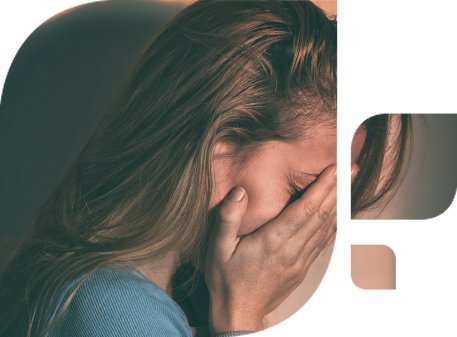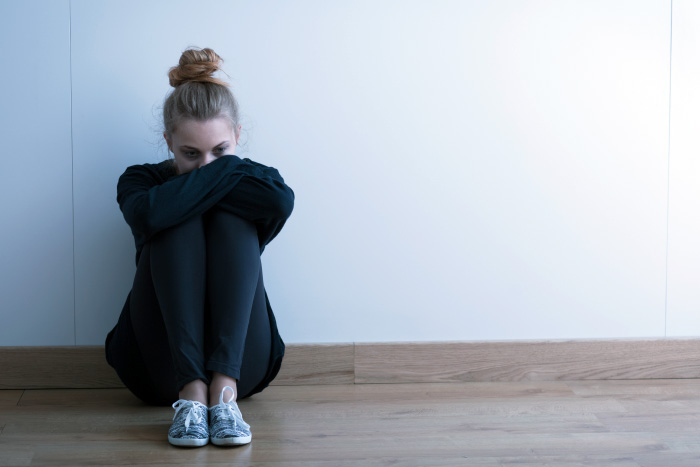Possible signs
Signs and Symptoms to look for
It could be that your friend or family member has some eating issues if they:
- Wear baggy clothes most of the time
- Are refusing to eat and losing weight rapidly
- Are over-exercising and anxious about missing it
- Don’t like eating with others
- Are putting on weight and anxious around food
- Are throwing away or hiding food
- Avoid social occasions
- Seem withdrawn or depressed, and have lost confidence
- Have sore patches on the back of their fingers (from making themselves sick)
- Regularly go the toilet straight after meals
- Don’t want to talk about it!

These are a mixture of some typical symptoms from a variety of eating disorders. They can be difficult to spot, and are often carefully covered up. People who are struggling often feel a high level of shame and fear, so this is understandable.
Eating disorders also have implications for family dynamics, which can become extremely difficult.

It is too scary and too potentially shameful. Thus every activity outside the home can become an enormous trial. On the other hand, they may, on the surface, appear to be the life and soul of the party, but this is another way of not letting people in on the misery of their inner life. So not only is their relationship to food a struggle, but also their relationship with the world they live in, and the people they live with. This can result in the sufferer feeling lonely, sad and trapped, and unable to taste life as a good thing.
Inevitably those around them become affected as well. Efforts to help the sufferer do not seem to work, and all seem caught in a vicious cycle of negative emotions.
And yet eating disorders seem to happen to the nicest people – people who are intelligent, friendly and caring; people with a longing for real life.

